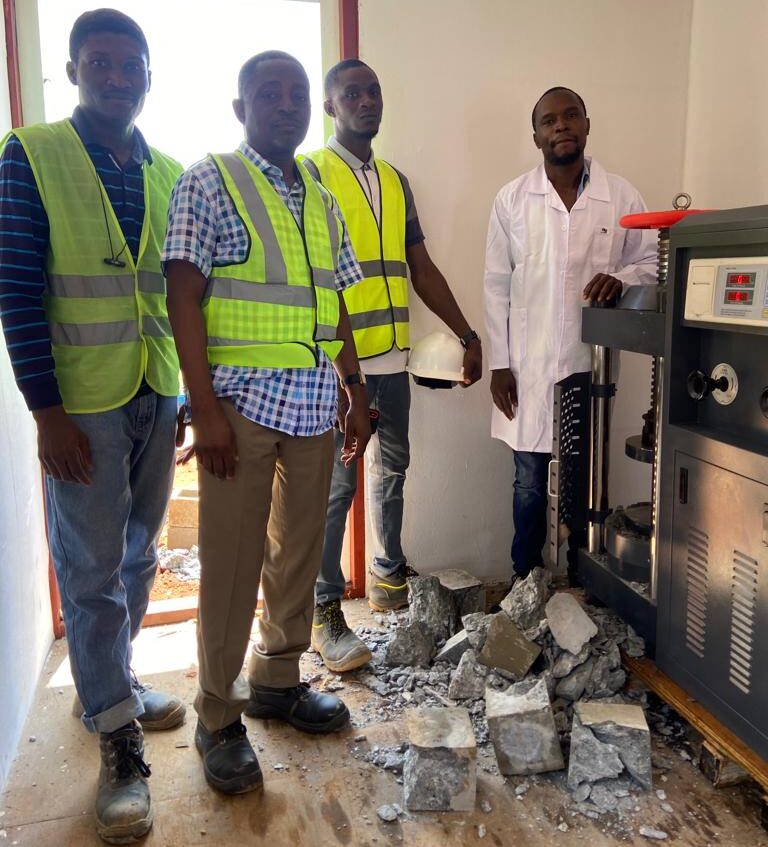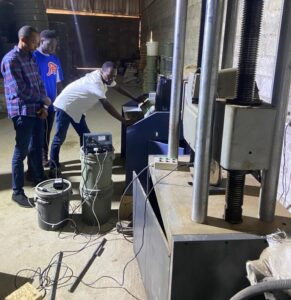The procurement of material testing equipment is a critical step in establishing a reliable and accurate laboratory. Whether you’re setting up a new facility or upgrading your existing one, acquiring the right testing instruments requires careful planning and informed decision-making. In this blog post, we will explore key considerations and best practices to help you streamline the procurement process for material testing equipment.
- Assess Your Testing Needs
Before diving into the procurement process, it’s crucial to assess your specific testing requirements. Identify the types of materials you will be testing, the range of tests to be conducted, and the desired testing standards. This evaluation will help you determine the specific equipment and features you need, ensuring that your procurement aligns with your laboratory’s objectives.
- Research Reliable Suppliers
Conduct thorough research to identify reputable suppliers and manufacturers of material testing equipment. Look for companies with a proven track record in the industry, positive customer feedback, and a wide range of product offerings. Consider their expertise in your specific field of testing and verify if they comply with international standards. Engaging with reliable suppliers ensures the quality and reliability of the equipment you purchase.
- Equipment Specifications and Standards
Once you have shortlisted potential suppliers, carefully review the specifications of the equipment they offer. Ensure that the instruments meet or exceed the required testing standards for accuracy, precision, and reliability. Consider factors such as load capacity, testing range, testing speed, and any specialized features needed for your specific testing applications. It is also essential to verify if the equipment is compliant with relevant industry standards, such as ASTM, ISO, or EN.
- Budget Considerations
Establishing a realistic budget is crucial when procuring material testing equipment. Consider not only the initial purchase cost but also the long-term maintenance and calibration expenses. Look for suppliers who offer a balance of competitive pricing and quality products. While cost is a significant factor, prioritize reliability and accuracy, as compromising on equipment quality may lead to erroneous test results and potential retesting costs in the future.
- Warranty and After-Sales Support
Ensure that the supplier offers a comprehensive warranty and after-sales support package. The warranty should cover any manufacturing defects and provide adequate support for a specified period. Additionally, inquire about the availability of technical assistance, calibration services, and spare parts. A supplier with a robust support system ensures prompt resolution of any issues that may arise during the equipment’s lifespan.
- Considerations for Scalability and Future Upgrades
When procuring material testing equipment, it’s important to consider future scalability and potential upgrades. Assess your laboratory’s growth projections and determine if the equipment can accommodate increased testing volumes or expanded testing capabilities. Select equipment that allows for modular expansions or upgrades, minimizing the need for complete replacement as your laboratory evolves.
- User Training and Familiarization
Ensure that the supplier provides comprehensive training for your laboratory staff. Proper training is essential to maximize the efficiency and accuracy of the equipment. Training sessions should cover equipment operation, calibration procedures, maintenance requirements, and troubleshooting techniques. Well-trained operators can contribute to consistent and reliable test results while ensuring the longevity of the equipment.
Conclusion
Efficient procurement of material testing equipment is a crucial step towards establishing a reliable laboratory. By thoroughly assessing your testing needs, researching reputable suppliers, considering equipment specifications and standards, establishing a realistic budget, and ensuring after-sales support, you can make informed decisions and acquire equipment that meets your laboratory’s requirements. A well-planned procurement process not only ensures the accuracy and reliability of test results but also contributes to the overall success of your material testing operations.



